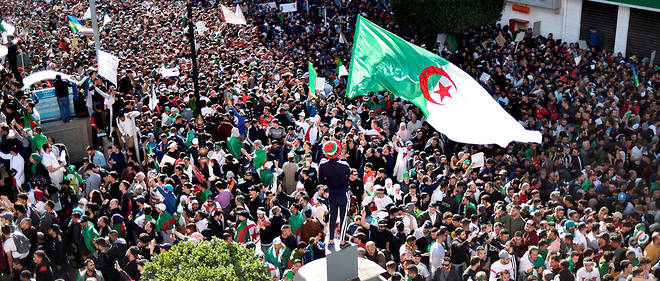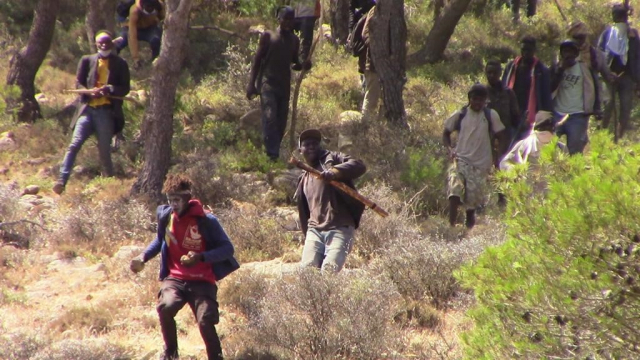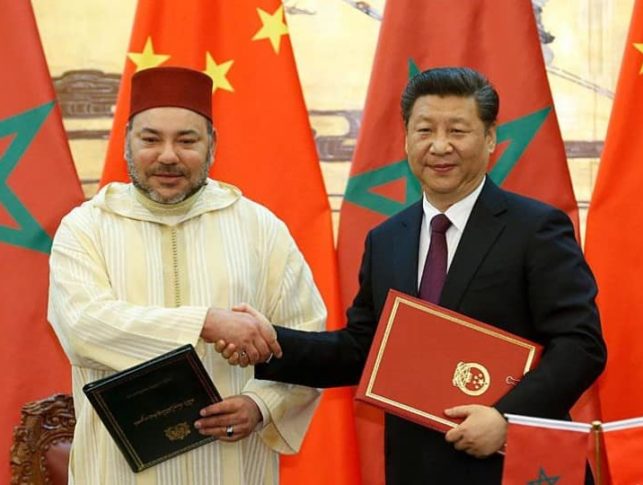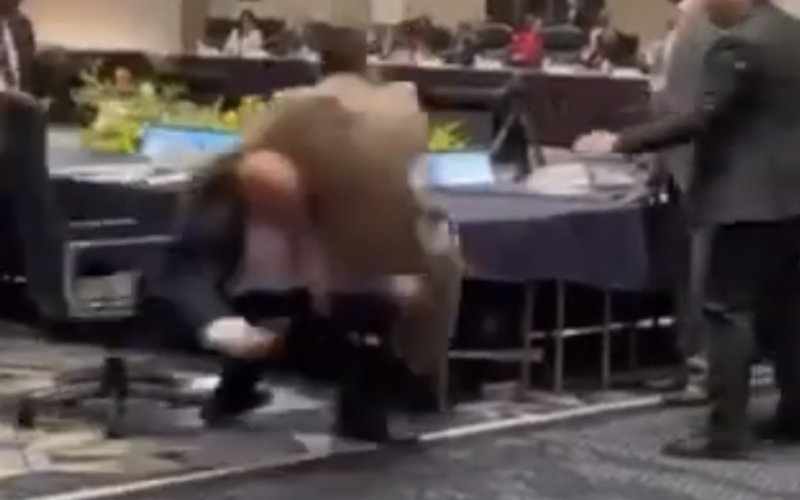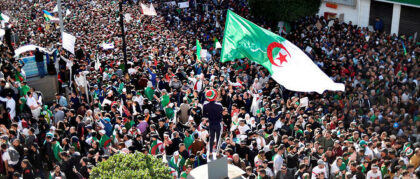 Sham elections that is how Algerian youth call the first elections to be held in the country since long-ruling Abdelaziz Bouteflika stepped down earlier this year under the impact of widespread protests.
Sham elections that is how Algerian youth call the first elections to be held in the country since long-ruling Abdelaziz Bouteflika stepped down earlier this year under the impact of widespread protests.
The elections due next Thursday (Dec.12) are expected to see a very low turnout as thousands of protesters continue pressure for the entire ruling elite led by army strongmen to step down.
The boycott campaign is very acute within the Amazigh speaking community of the densely populated Kabylie mountains known for its dissent notably in the cities of Tizi Ouzzou, Bouira and Bejaia.
The army however, keen to recycle a ruling elite perceived as corrupt and inefficient, may resort to electoral fraud to avert revealing low-turnout and rig elections in favor of its favorite candidate, according to many analysts. In such a case, the future of the peaceful protest movement will be in a turning point.
The candidates so far, all former officials of the ruling FLN party, held a humiliating electoral campaign amid a growing awareness among Algerians that the army is using elections to impose a puppet through which it will rule behind a civilian facade.
The electoral campaign was marked by empty halls and angry protests at the candidates and the front runners, Abdelmadjid Tebboune and Ali Benflis, have both previously served as Prime Ministers.
Bouteflika was in fact, despite squandering Algeria’s oil wealth, the most successful candidate in taking some powers from the army, which now, with his stepping down and the following purge of Boutefika’s circle, emerged as kingmaker retrieving all powers it has lost previously.
Using sham elections to choose presidents and controlling key political and economic decisions behind a facade of civilian leadership is a thing of the past for the Algerian youth.
In the face of growing resentment at the status-quo, General Gaid Salah, now defacto ruler of Algeria, is blaming “foreign parties” for instigating protests.
Meanwhile, combustible material piles with higher unemployment rates, low oil revenue and meager growth rates threatening Algeria’s already frail social peace.
